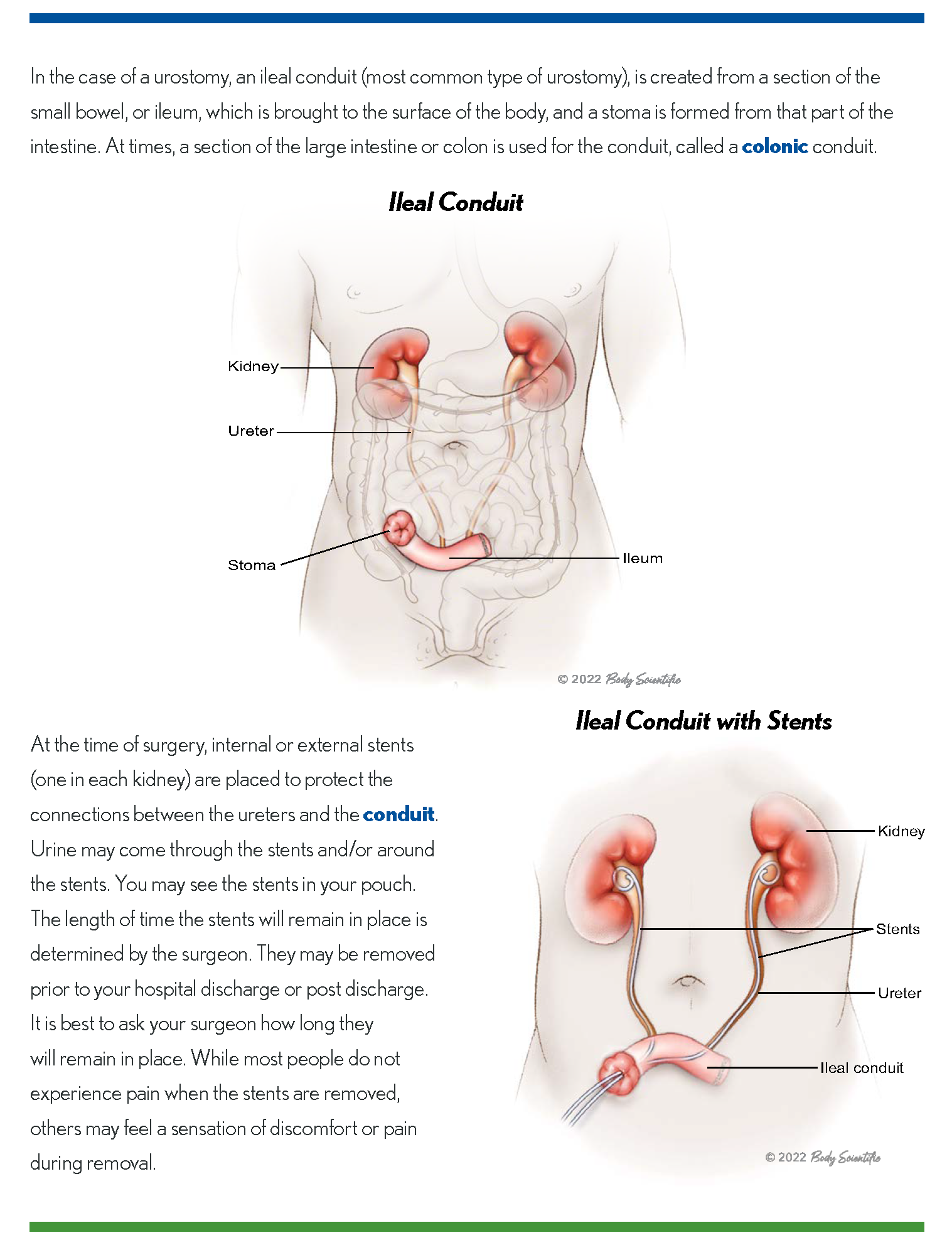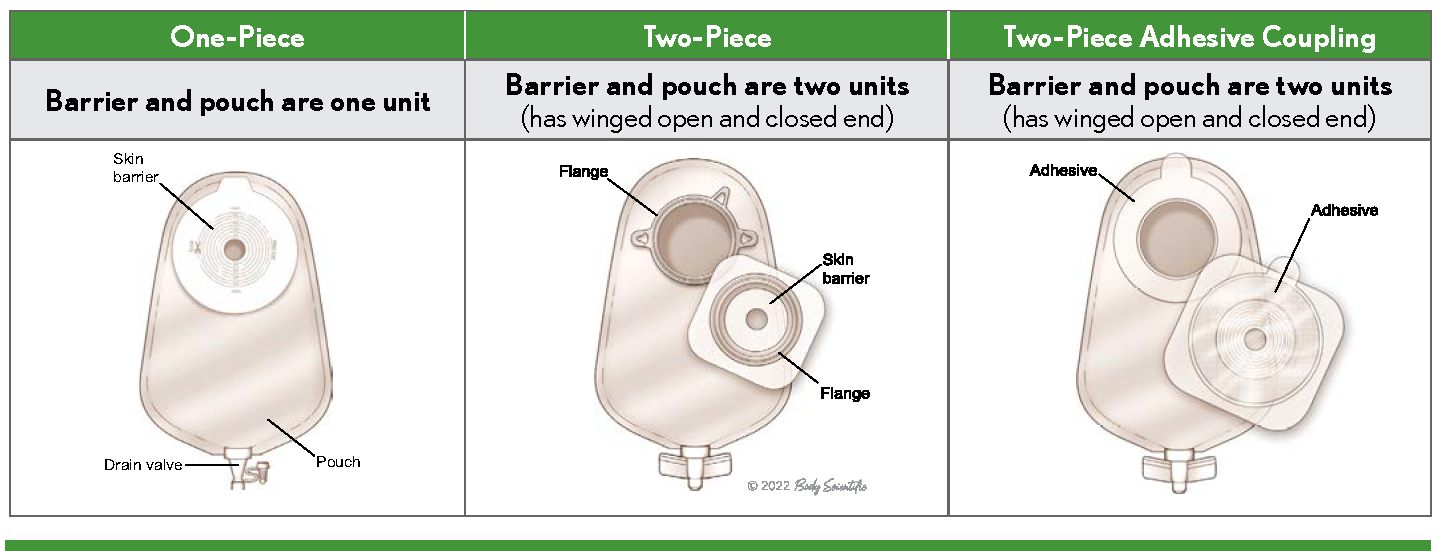After ostomy surgery, it’s natural to feel sensitive about how your body has changed and be concerned about how it might affect intimacy and your sex life in the future.
Wherever you are in your journey, your sexual well-being is an important part of who you are.
- Sexual well-being is an important part of everyone’s life, regardless of whether you are in a committed relationship, enjoying or thinking about dating, not sexually active, or unpartnered.1
- It covers many areas including body image and self-esteem, sexual function, reproductive health, emotional and physical satisfaction, and can impact both your physical and mental well-being. 1, 2
- Pleasurable, fulfilling and fun sexual and intimate experiences are not out of bounds because you’ve had ostomy surgery. And no matter what your relationship status, age, gender or sexuality, starting the conversation about sex is just as important as the discussions around diet, exercise, skin issues and generally living with your ostomy.
Here are some topics you can explore in more detail in A Guide to Intimacy after Ostomy Surgery:
- If you’re not ready, don’t rush. For some, intimacy will be one of the most important aspects of life they want to resume post-surgery, and for others, it might be the last thing on their minds.
- When you are ready….Communication is the key when it comes to intimacy. Make time to talk to your partner.
- Enjoying intimacy with an ostomy is anything but boring! Refer to the Guide for tips to increase your, and your partner’s, enjoyment.
- Sexual orientation: Whatever your gender identity and sexual orientation, there are so many different ways of expressing and enjoying intimate moments including holding hands, hugging, kissing, cuddling and lots more.
- Common issues that can affect everyone. The most common issues reported to us from people following ostomy surgery are feeling they must resume intimate relationships straightaway, and a fear of disappointing their partner.1 Two very common conditions that can affect sexual intimacy – vaginal dryness and erectile dysfunction – can be experienced by men and women at all stages of life, and whether they have an ostomy or not.
- Pregnancy with an ostomy: Many women with an ostomy worry that pregnancy will be an issue after surgery, but in the vast majority of cases, it shouldn’t be. Most women are able to enjoy a very typical experience.
For more information, download A Guide to Intimacy after Ostomy Surgery
-
References: 1. A Cross-National Study of Subjective Sexual Well-Being Among Older Women and Men: Findings From the Global Study of Sexual Attitudes and Behaviors Publication Title: Springer. Publication Date: 4/2006 . Author: Laumann, Edward; Paik, Anthony; Glasser, Dale; Kang, Jeong-Han; Wang, Tianfu; Levinson, Bernard; Moreira, Edson; Nicolosi, Alfredo; Gingell, Clive. 2. What is sexual well-being and why does it matter for public health? Kirstin R Mitchell, Ruth Lewis, Lucia F O’Sullivan, J Dennis Fortenberry. Lancet Public Health 2021; 6: e608–13. Published Online. June 21, 2021. https://doi.org/10.1016/S2468-2667(21)00099-2.
Editor’s note: This blog is from one of our digital sponsors, Convatec. Sponsor support along with donations from readers like you help to maintain our website and the free trusted resources of UOAA, a 501(c)(3) nonprofit organization.




